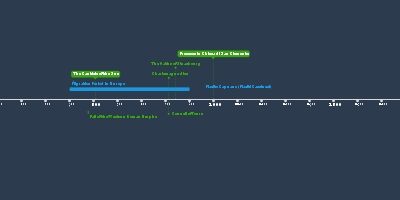Justinian the Great (22 dic 482 anni – 14 nov 565 anni)
Descrizione:
Justinian I, also known as Justinian the Great, was the Eastern Roman emperor from 527 to 565.His reign is marked by the ambitious but only partly realized renovatio imperii, or "restoration of the Empire". This ambition was expressed by the partial recovery of the territories of the defunct Western Roman Empire. His general, Belisarius, swiftly conquered the Vandal Kingdom in North Africa. Subsequently, Belisarius, Narses, and other generals conquered the Ostrogothic kingdom, restoring Dalmatia, Sicily, Italy, and Rome to the empire after more than half a century of rule by the Ostrogoths. The praetorian prefect Liberius reclaimed the south of the Iberian peninsula, establishing the province of Spania. These campaigns re-established Roman control over the western Mediterranean, increasing the Empire's annual revenue by over a million solidi. During his reign, Justinian also subdued the Tzani, a people on the east coast of the Black Sea that had never been under Roman rule before. He engaged the Sasanian Empire in the east during Kavad I's reign, and later again during Khosrow I's reign; this second conflict was partially initiated due to his ambitions in the west.
In the Paradiso section of the Divine Comedy, Canto (chapter) VI, by Dante Alighieri, Justinian I is prominently featured as a spirit residing on the sphere of Mercury. The latter holds in Heaven the souls of those whose acts were righteous, yet meant to achieve fame and honor. Justinian's legacy is elaborated on, and he is portrayed as a defender of the Christian faith and the restorer of Rome to the Empire. Justinian confesses that he was partially motivated by fame rather than duty to God, which tainted the justice of his rule in spite of his proud accomplishments. In his introduction, "Cesare fui e son Iustinïano" ("Caesar I was, and am Justinian"[124]), his mortal title is contrasted with his immortal soul, to emphasize that "glory in life is ephemeral, while contributing to God's glory is eternal", according to Dorothy L. Sayers.[125] Dante also uses Justinian to criticize the factious politics of his 14th Century Italy, divided between Ghibellines and Guelphs, in contrast to the unified Italy of the Roman Empire.
Aggiunto al nastro di tempo:
Data:
22 dic 482 anni
14 nov 565 anni
~ 82 years
